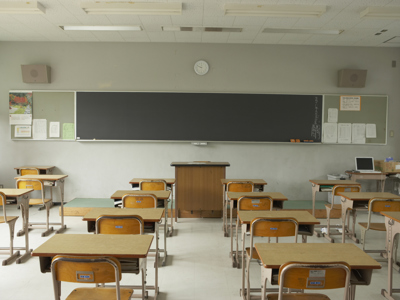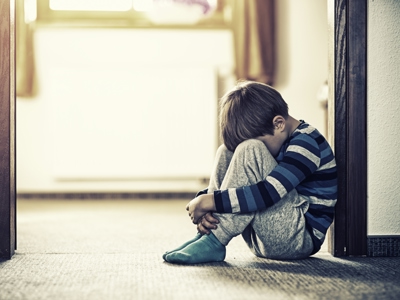
Comprehensive Relationship Sex Education programme needed to tackle sexual violence in schools
Andrew Lord and Anna Vause of Leigh Day discuss their support for calls that more be done to tackle the issue of the number of children subjected to sexual violence by their school peers and consider the need for a comprehensive programme of Relationship Sex Education.
Posted on 25 March 2025
This article was written by Leigh Day and published on Everyone's Invited’s Substack.
On 20 January 2025, Rape Crisis sent a letter to the Secretary of State for Education and Minister for Safeguarding and Violence Against Women, co-signed by Leigh Day, Rights of Women, Imkaan and the Centre for Women’s Justice.
The letter has called for a robust approach when handling instances of sexual assaults and violence perpetrated by children to other children; otherwise known as child-on-child abuse.
As representatives of survivors of child-on-child abuse, we strongly support the letter’s suggestion that offering schools, teachers and students more support to plug knowledge gaps will, in turn, create an environment where disclosures of abuse are handled correctly, and lead to survivors feeling seen and protected within the school community.
Children deserve to not only feel protected in school but should also have confidence that if they tell a trusted adult about their experiences of sexual violence, they shall be taken seriously, and action will be taken. Sadly, we see many instances where this just is not the case.
In our view, a good place to start in addressing the current issues is an improved teaching of age-appropriate Relationship Sex Education (RSE) in schools. RSE is compulsory teaching and, depending on the age of the children, covers issues such as consent and what healthy and respectful relationships look like.
When taught properly, RSE is a perfect opportunity to help eradicate rape myths, dismantle misogynistic attitudes, and facilitate open and honest conversations about sex and consent within schools. Done right, it could hugely improve young people’s, and specifically girls’, experience and safety at school.
However, RSE isn’t always taught in an engaging manner. Anna was previously a facilitator for an organisation that sought to empower teachers to teach RSE, and observed that RSE is often seen as a tick-box exercise where material is not properly explored.
There can be a number of reasons why RSE is not delivered effectively, but a significant issue can be that teachers feel uncomfortable with the material, resulting in bored and unengaged pupils. This was an issue picked up by the Ofsted Rapid Review of 2021, when it was noted that some teachers “expressed resentment that they had to teach relationships and sex education beyond their own subject specialism”.
Schools must grasp the nettle with this and must view RSE as an integral subject in their syllabus, and not a part of the day that is persevered through by teachers and students alike. If school communities are empowered to adopt a ‘whole-school’, proactive approach to RSE as recommended by the Department of Education, the positive impact on pupils and their fostering of healthy relationships could be significant.
If teachers confidently tackle ‘awkward’ topics within RSE, this will take any shame away from sex and pupils will feel more comfortable in discussions. The creation of a non-judgmental, safe space can dismantle narratives that blame survivors of assault and, in turn, encourage more disclosures from students.
Furthermore, a study conducted by the Sex Education Form found that educating young children from an early age around the matter of consent, bodily autonomy and communication has proven to be effective in preventing child-on-child abuse. In many ways, therefore, RSE can act as a form of safeguarding.
This is not to say that RSE is the only method with which we can hope to eradicate child-on-child abuse at school. In many ways, schools act as a microcosm of a patriarchal society; they have to grapple with systemic failures, lack of funding and often, misogyny.
It is too simplistic to assert that RSE will systematically combat each of these issues. At the very least, though, RSE is an opportunity to engage with young people, educate them on the issue, and challenge damaging, societal views held by pupils if teachers create spaces for open dialogue and transparency.
Importantly, schools must acknowledge that RSE is a specialist subject. Those speaking with children must be confident and willing to doing so. If this puts too significant an amount of pressure on teachers to properly facilitate these types of conversation, this needs to be acknowledged and a plan put in place for alternative provision.
There is a plethora of organisations set up to assist teachers with this matter, including Everyone’s Invited, who offer training to teachers and lessons to pupils. Everyone's Invited has trained over 50,000 students and takes a holistic, whole-school approach. Their education programme is rooted in empathy, compassion and understanding.
Fundamentally, a ground-up, empowered approach to RSE will open up discourses within school communities to enable disclosure and subsequently support survivors.
It is time schools took RSE seriously. A failure to do so could have dire consequences.




